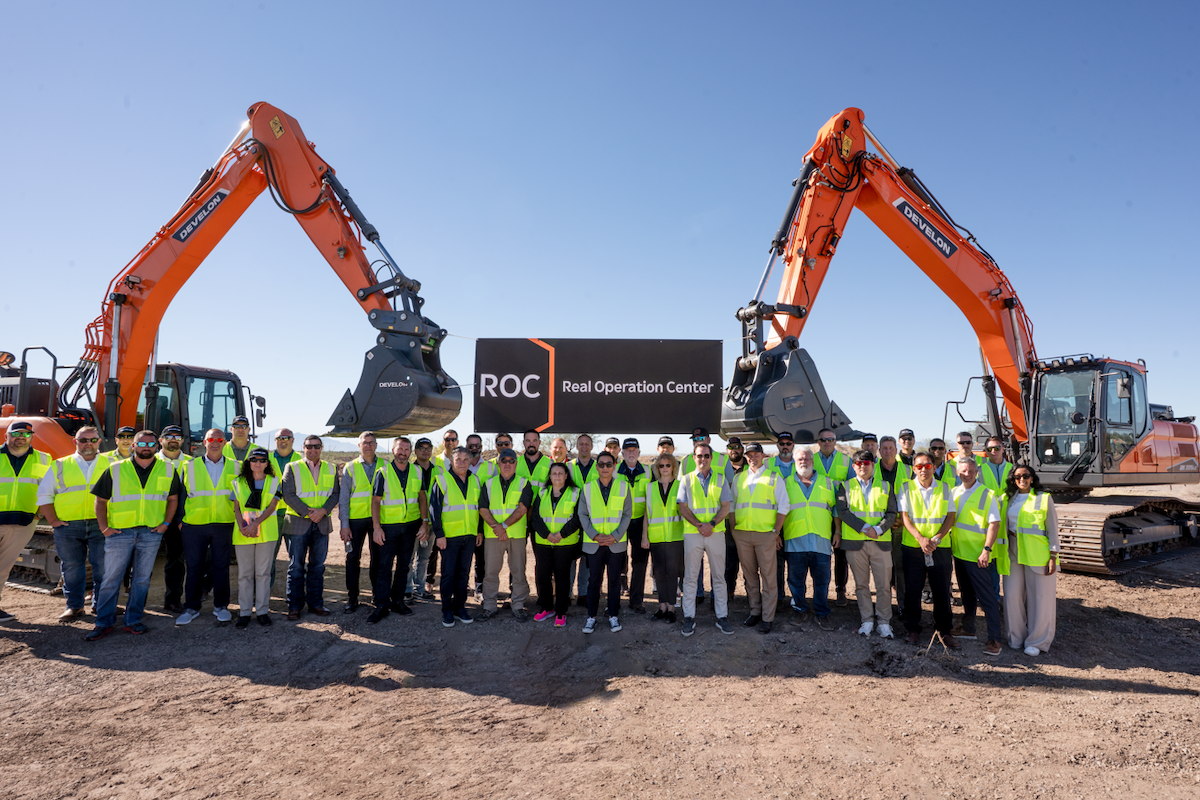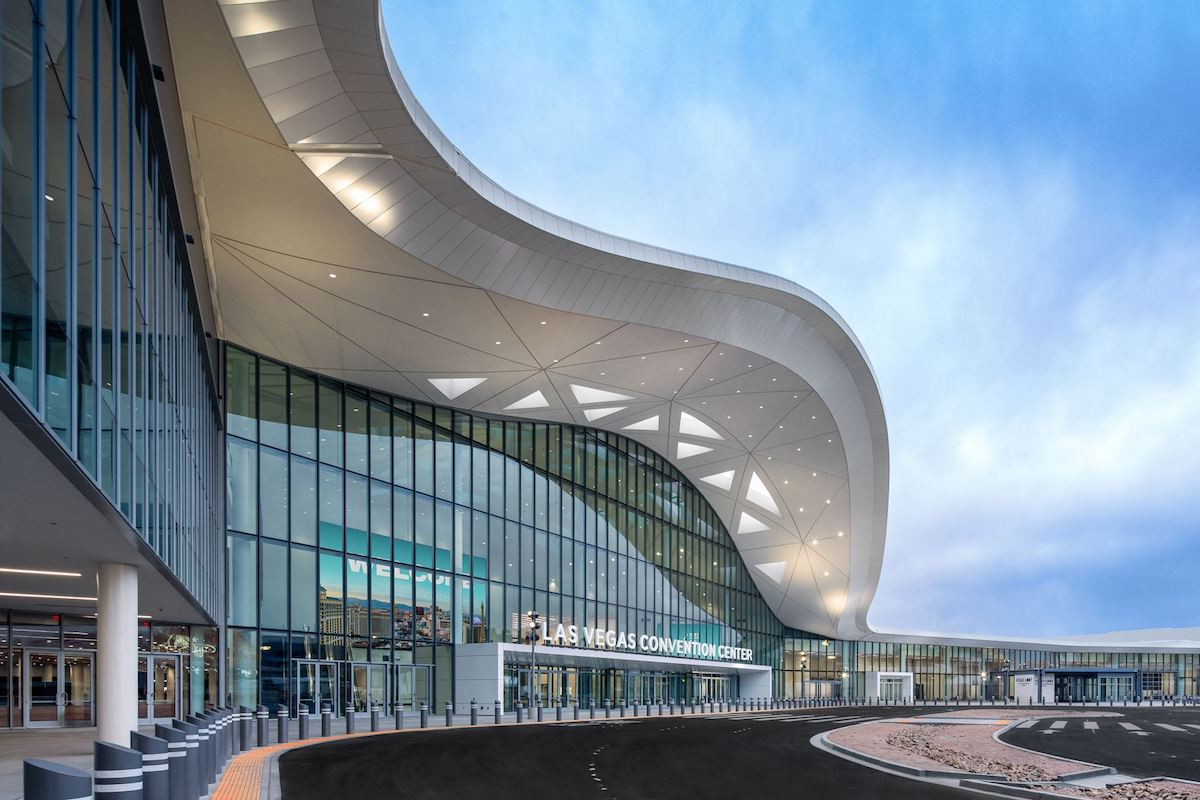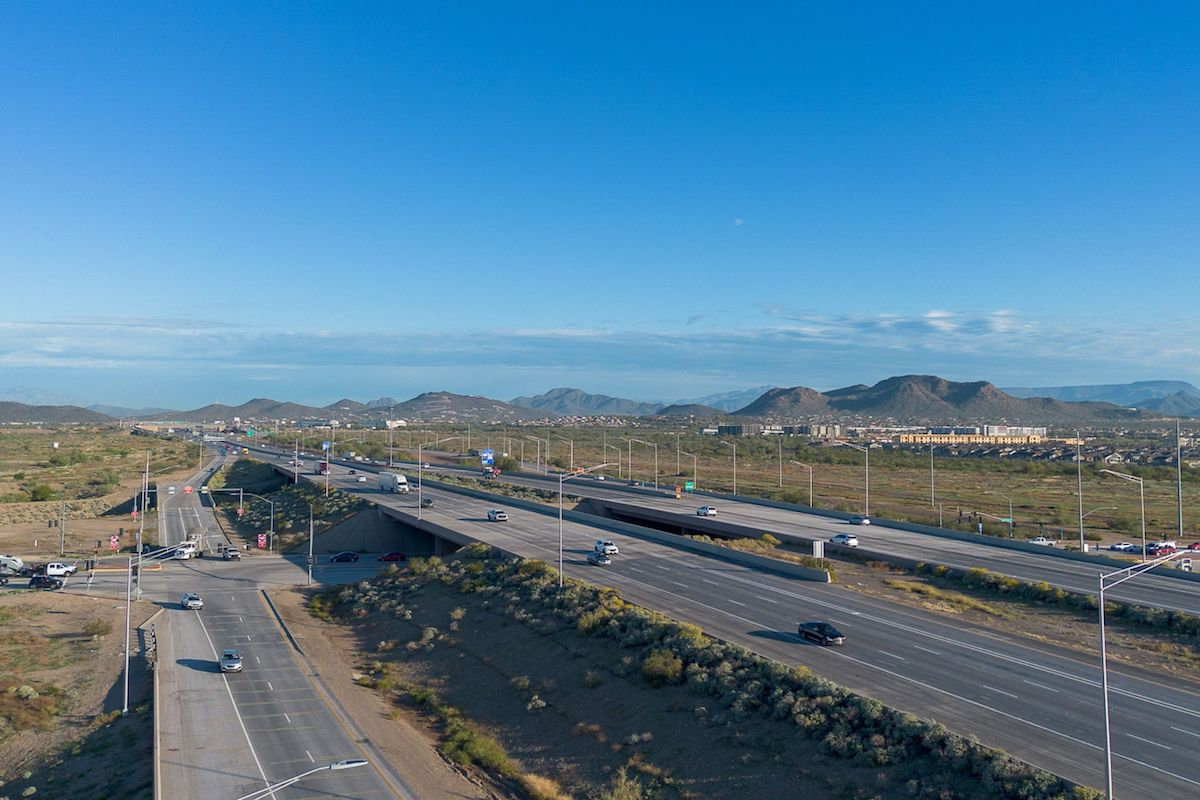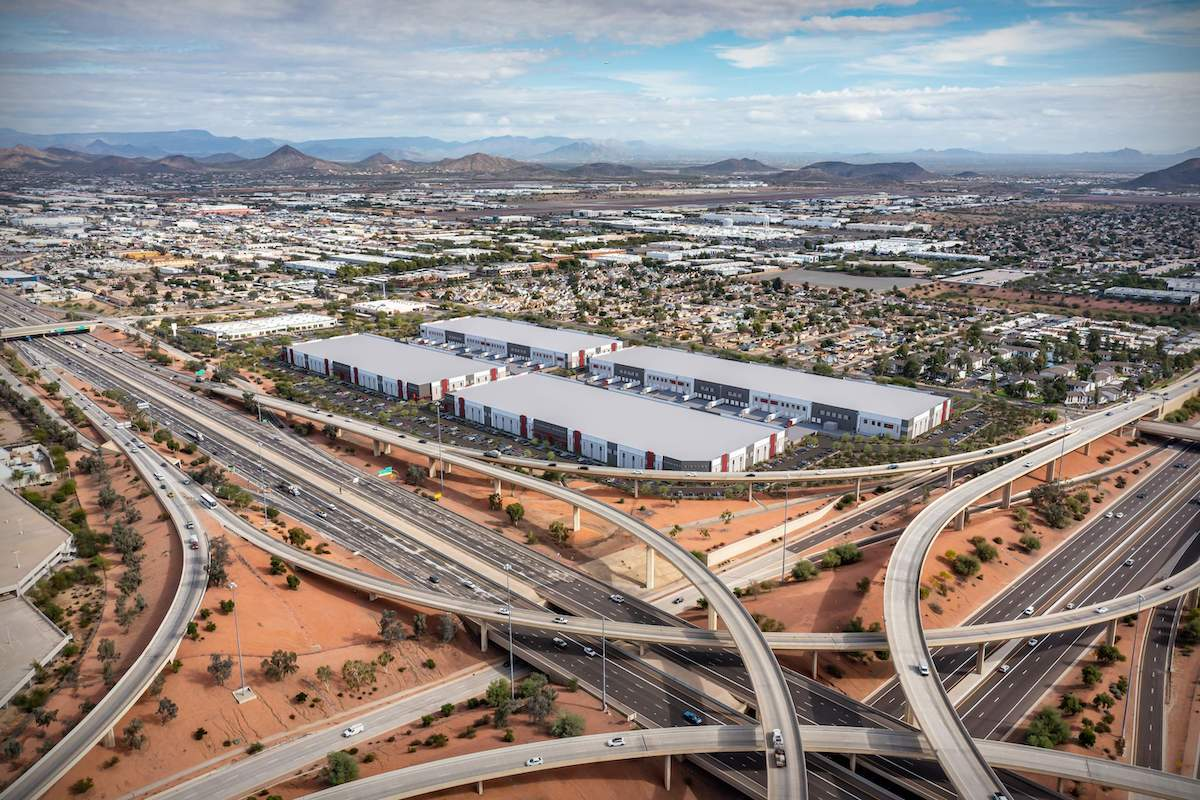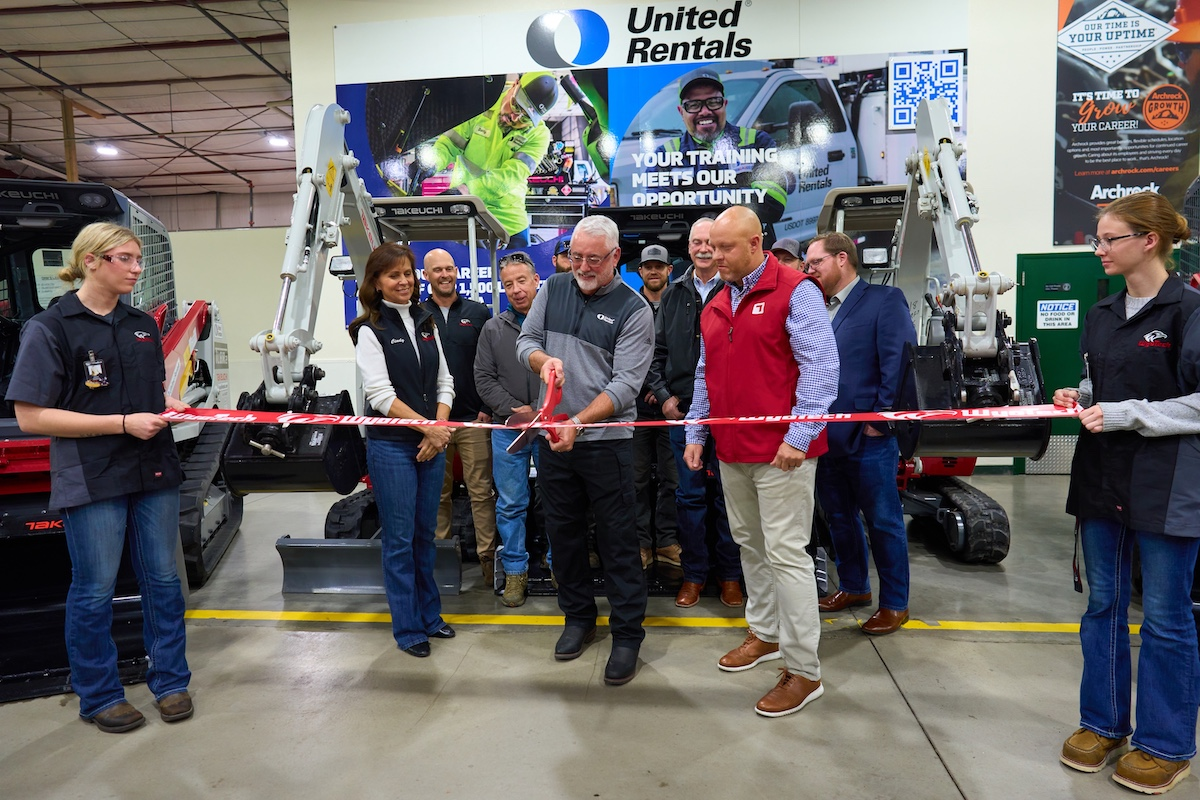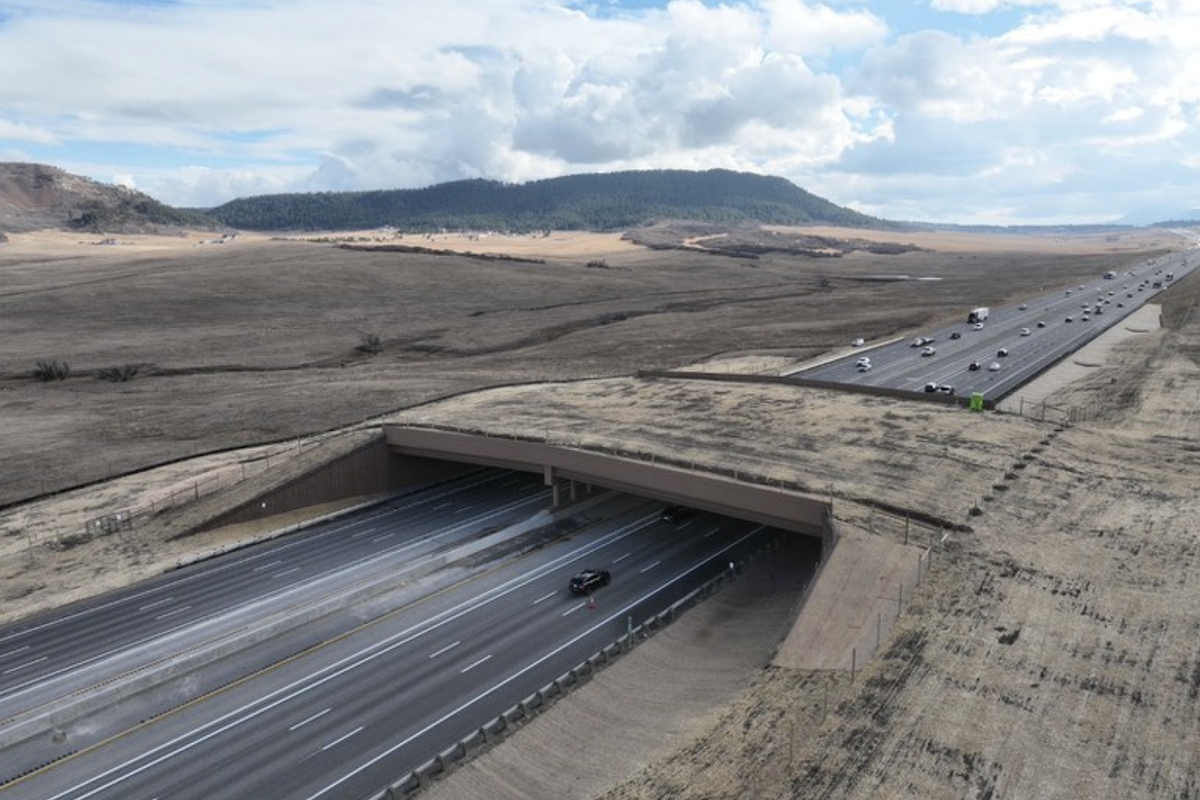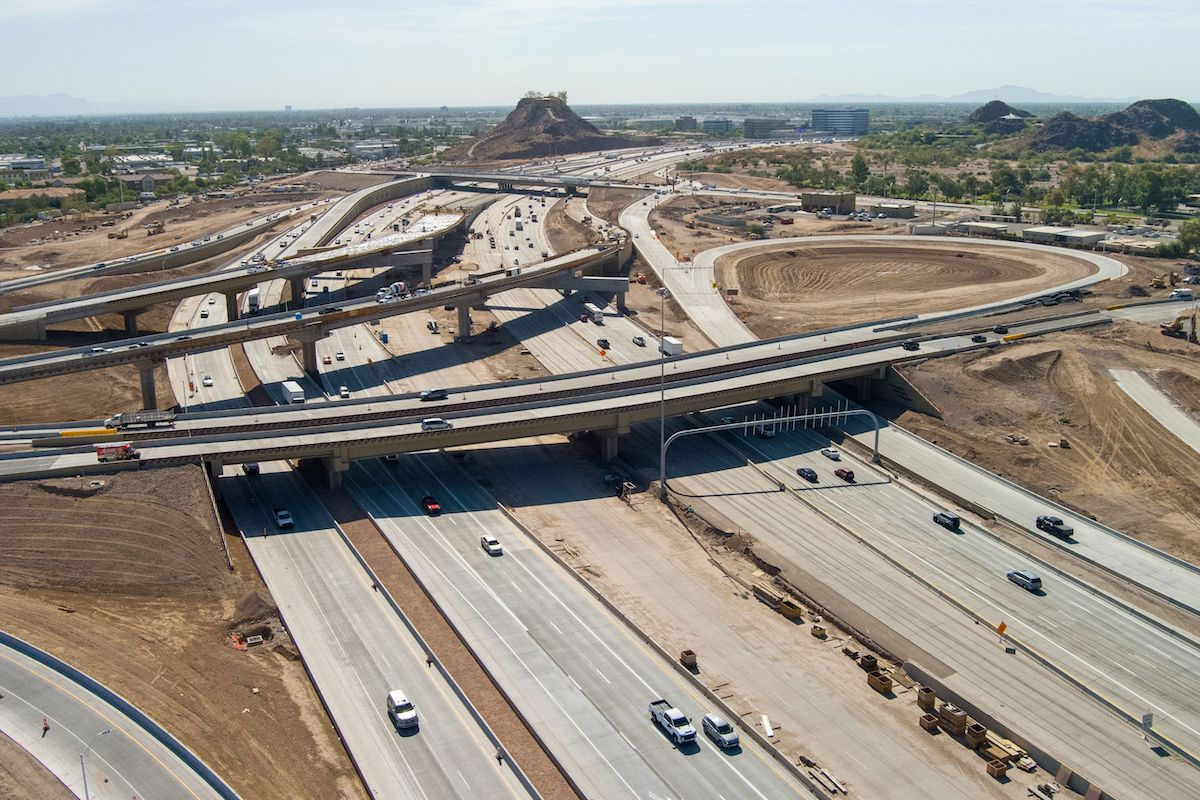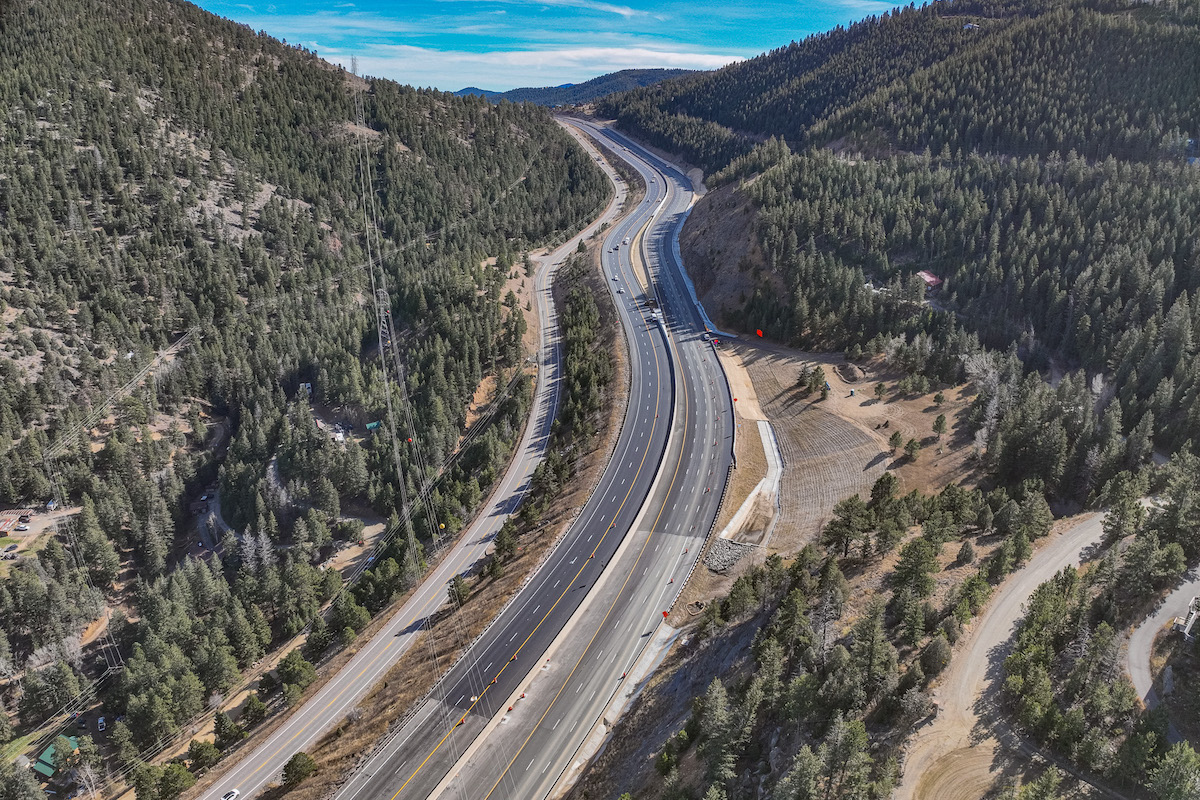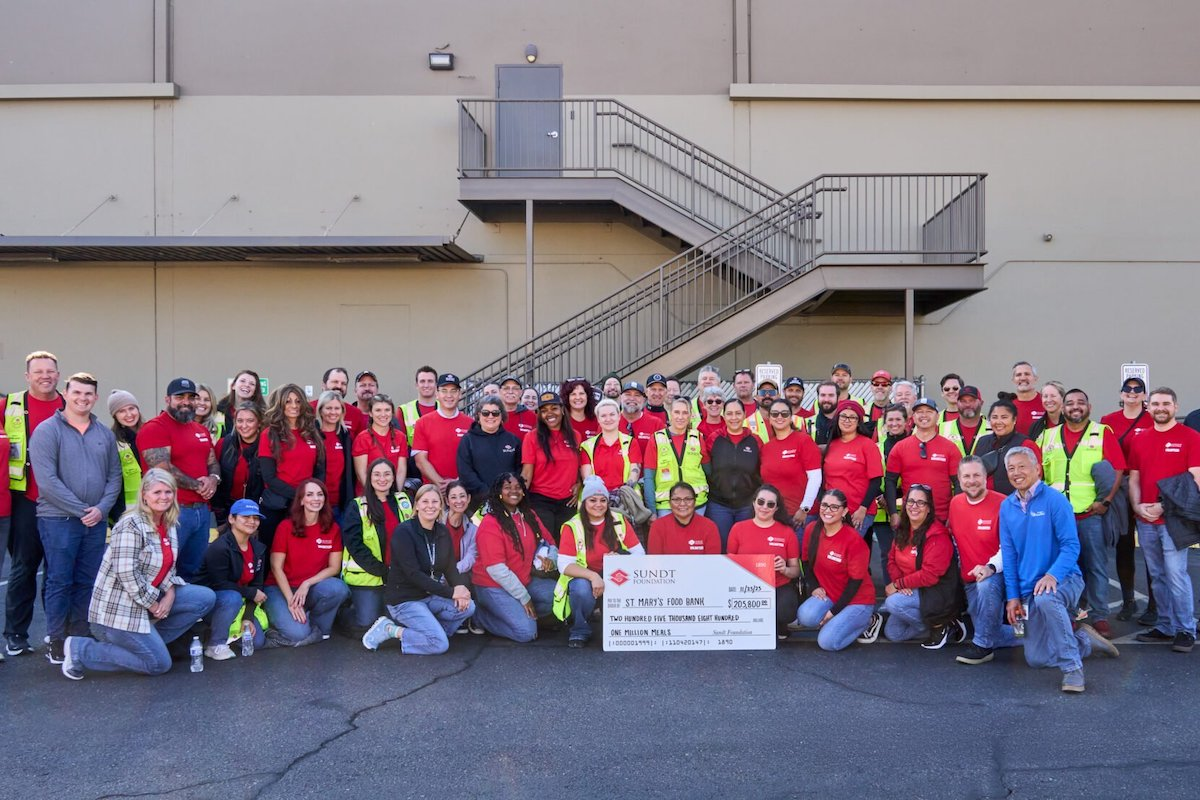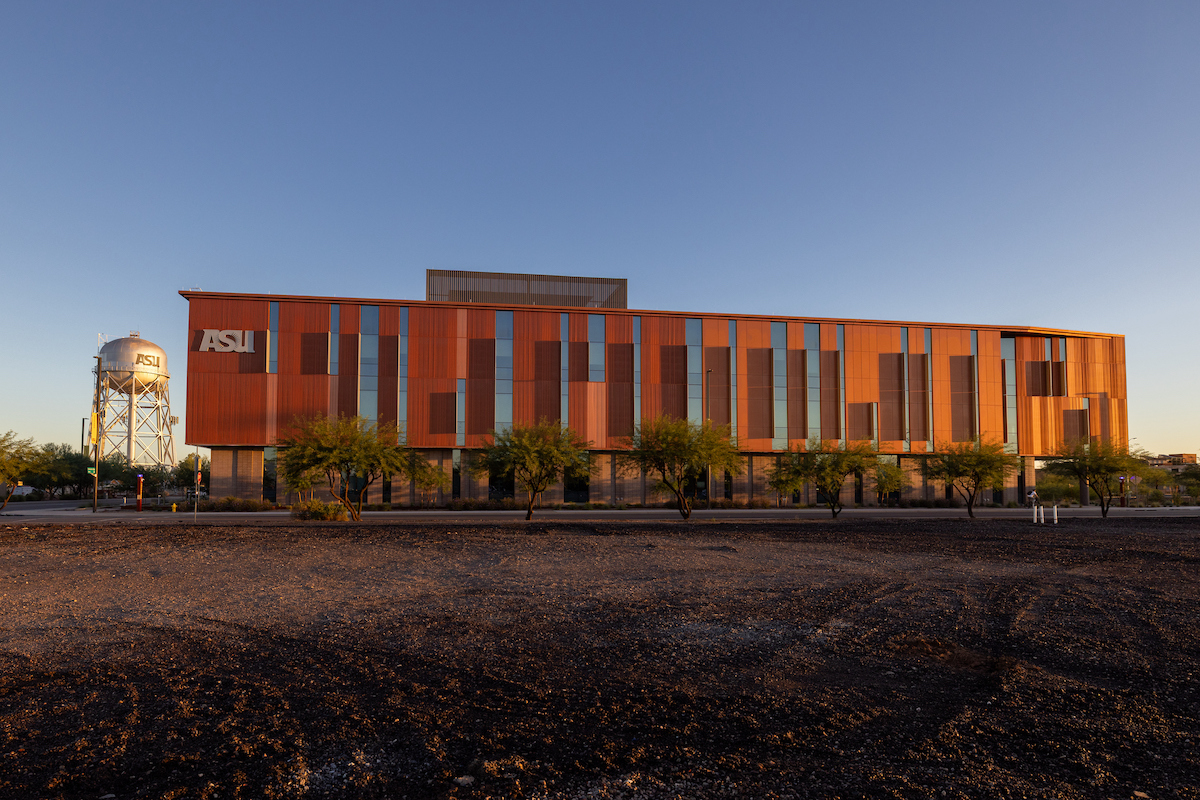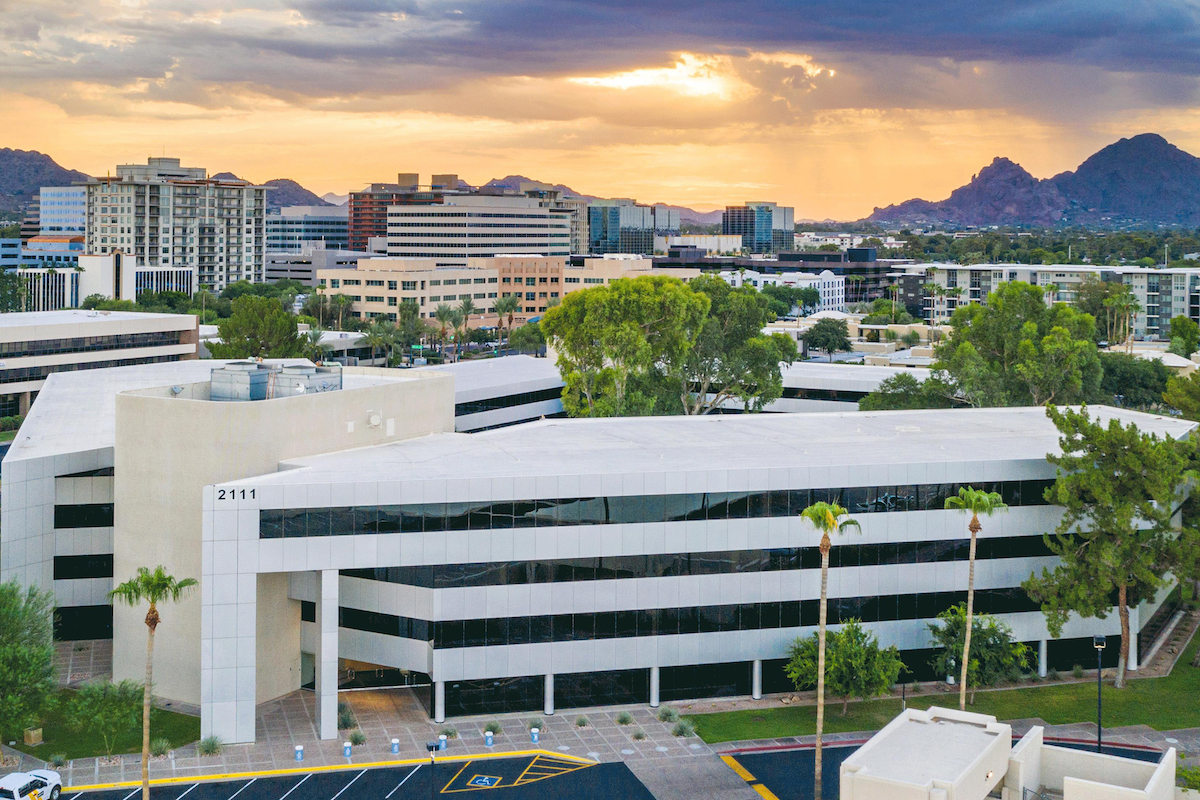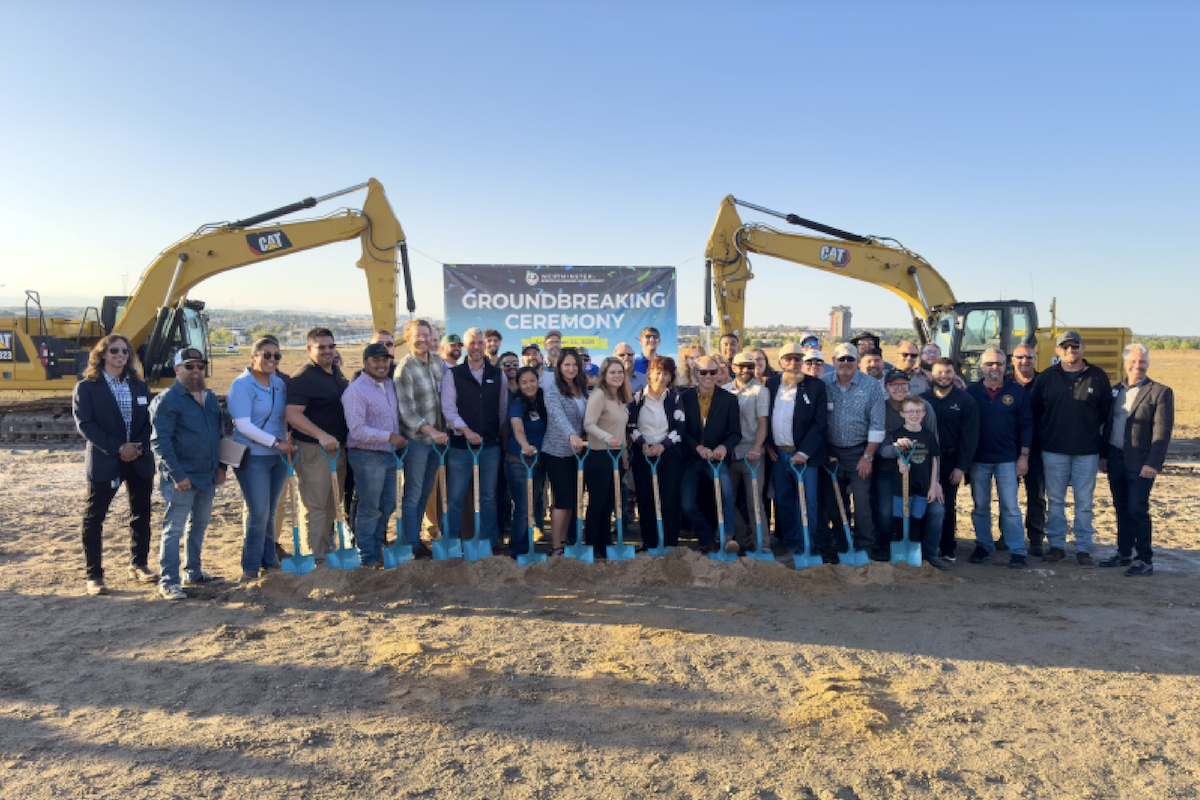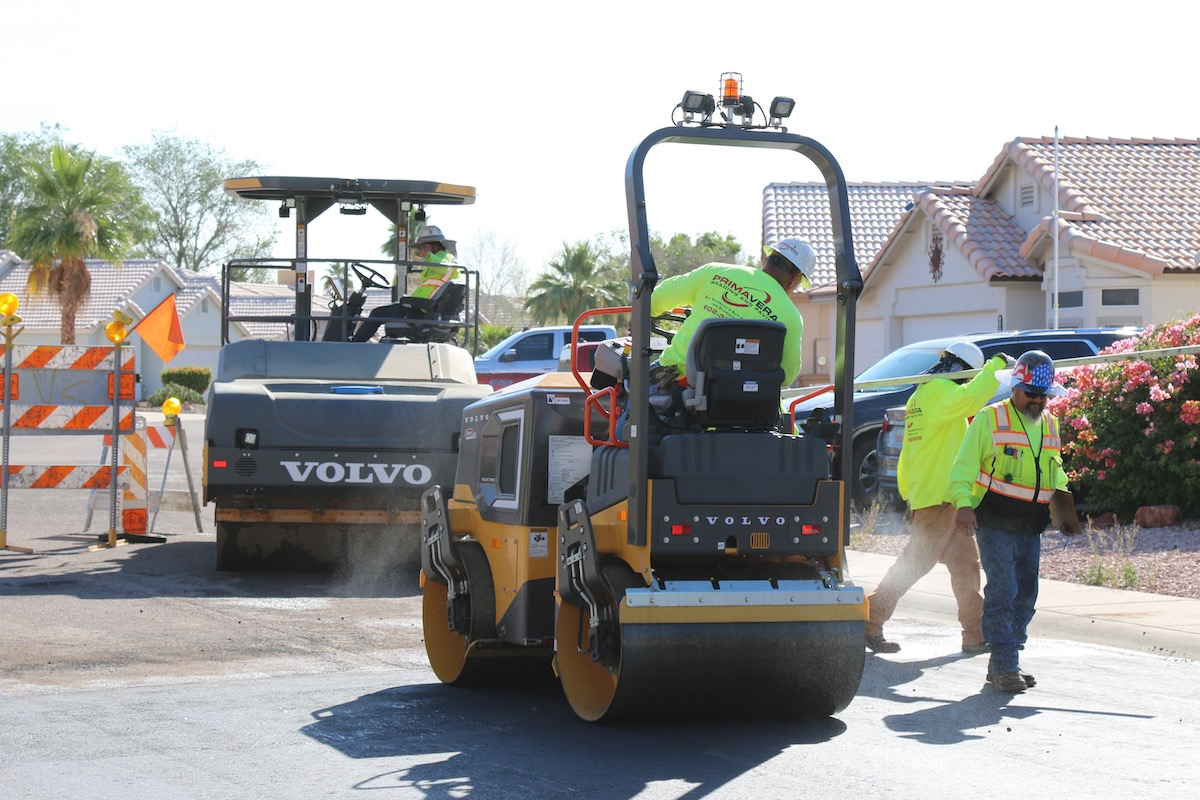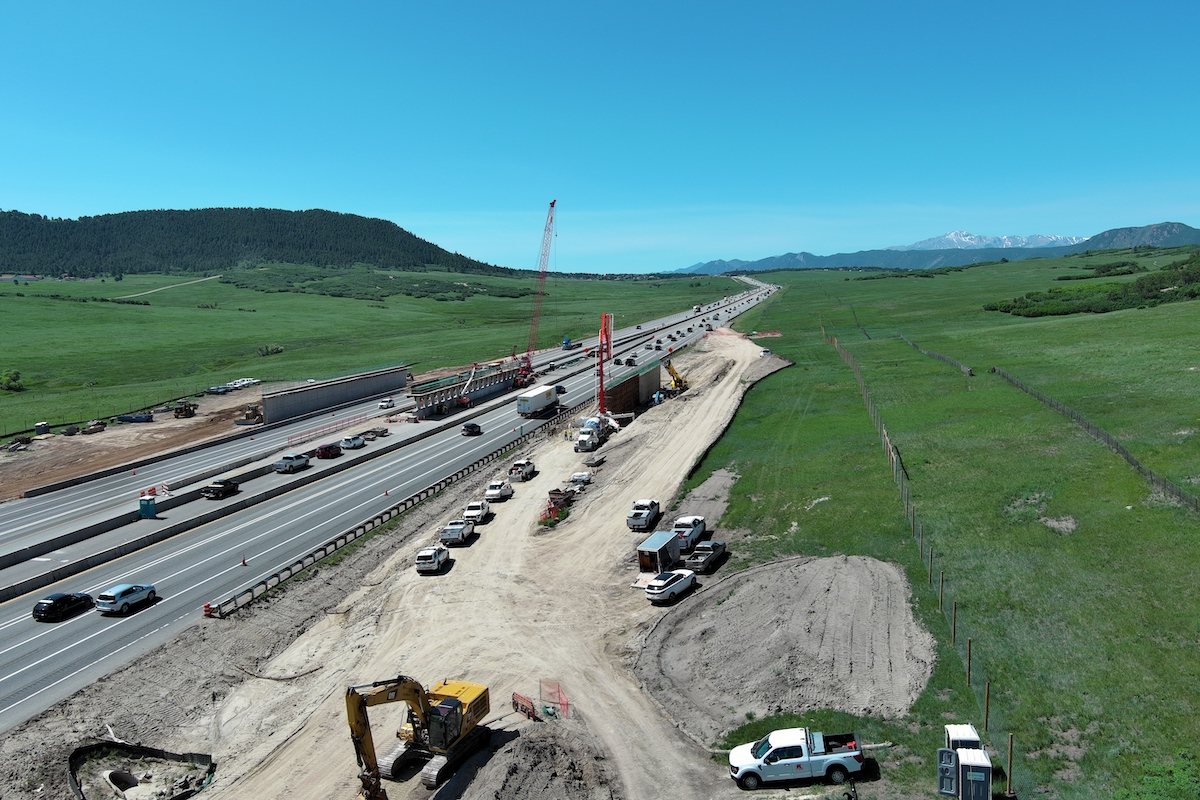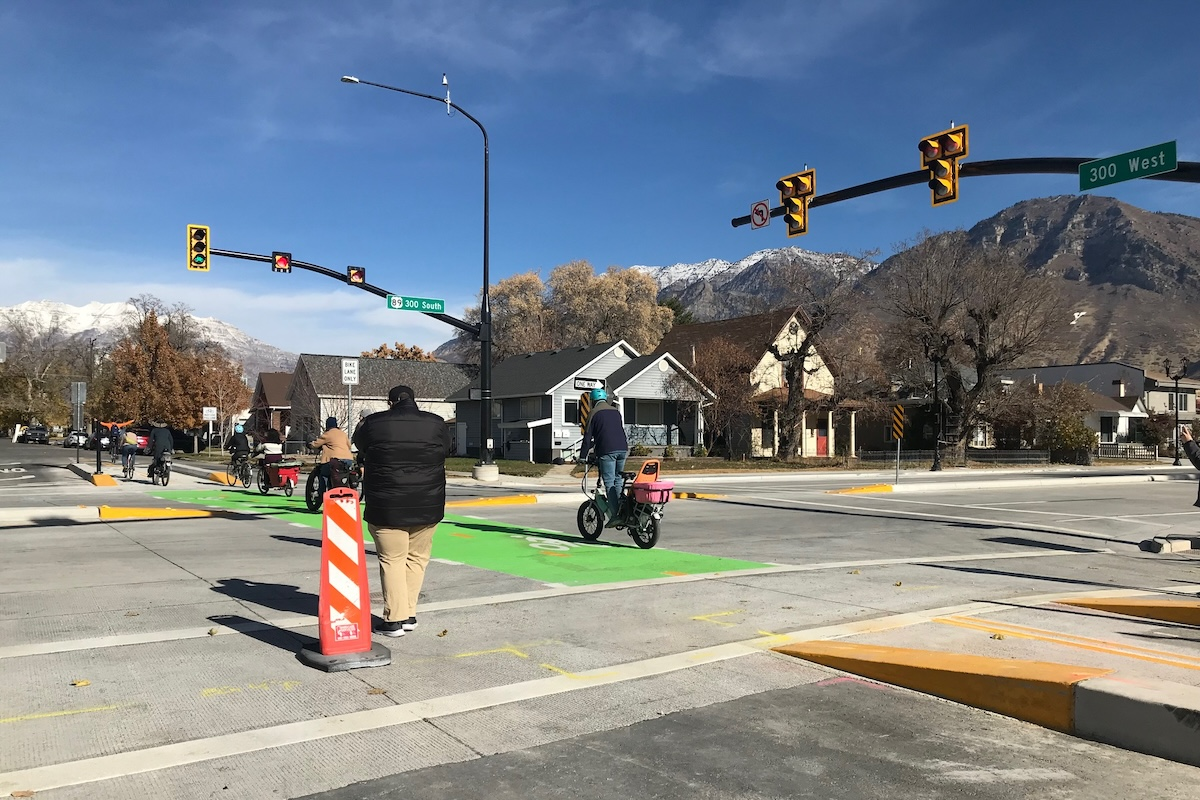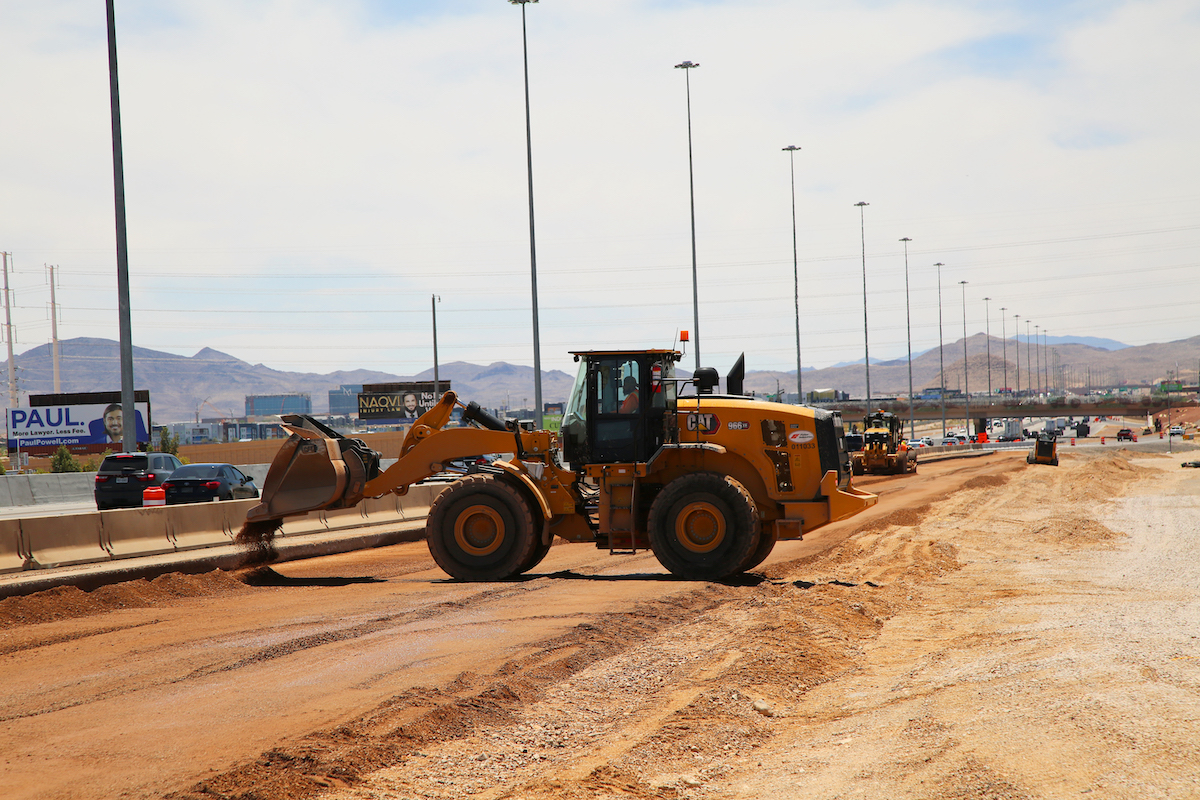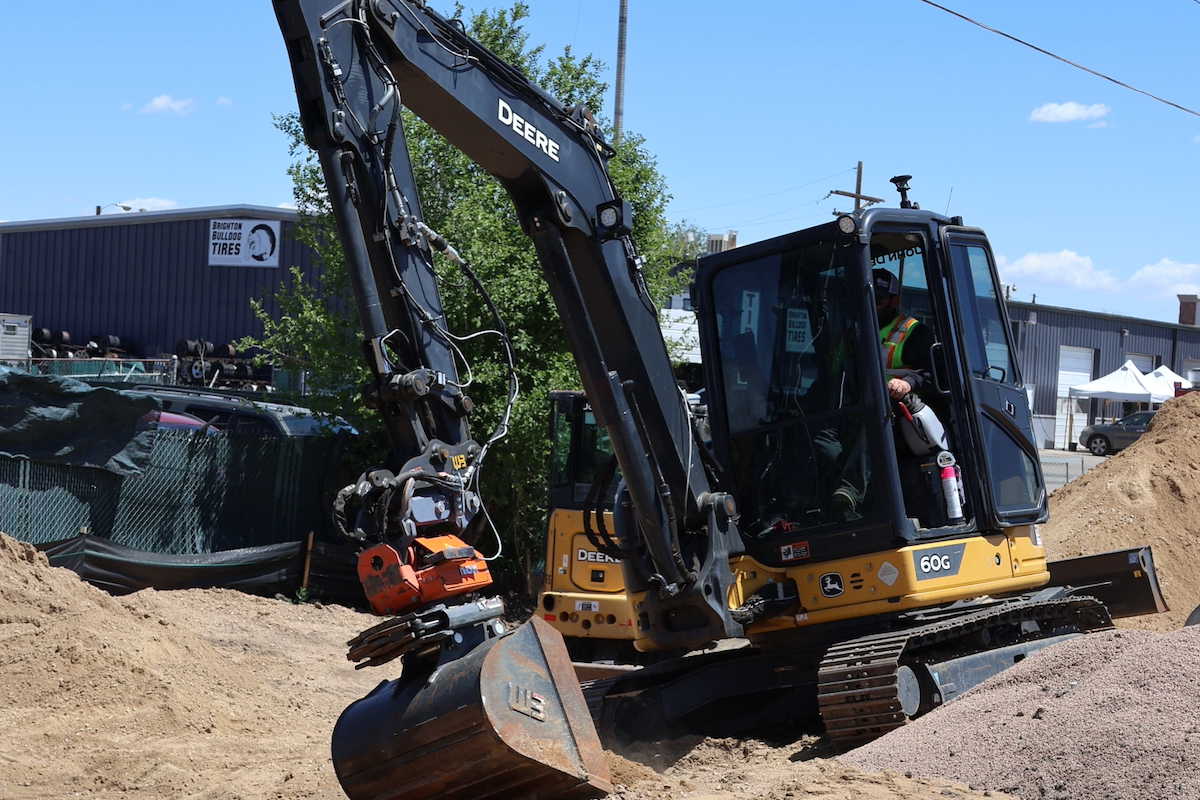The development master plan is designed to boost capacity, renew and replace existing facilities, and enhance ATL’s aesthetic appeal, according to an airport spokesperson, adding, “ATLNext, through 2042, will help secure Hartsfield-Jackson’s position as the world’s busiest and most efficient airport and further bolster the airport’s goal to provide the best possible customer service while meeting passengers’ changing needs.”
Current projects include adding five gates and midpoint circulation expansions at Concourse T-North, adding an end-around on Runway 9L, extending a plane-train tunnel, expanding cargo areas 2A and 2B, upgrading the south de-icing complex and fire station 32, and renewing two parking decks. The airport remains operational.
“We are used to performing extensive work in a dynamic environment,” said Jai Ferrell, airport assistant general manager of Commercial Revenue, in a statement.
A joint venture team HFWT, comprised of HKS of Atlanta; Fitzgerald Collaborative of Atlanta; Walker Consultants of Atlanta; and Thornton Tomasetti of New York, designed the parking deck rehabilitation project.

| Your local Volvo Construction Equipment dealer |
|---|
| Faris Machinery |
Manhattan-RFB, the contractor joint venture between Manhattan Construction Co. and RFB Contractors, both with offices in Atlanta, began work on the inner half of the lower three levels of the South parking deck, closest to the Domestic Terminal, in May 2022.
“We are excited to have the opportunity to tackle another logistically tough project for the Atlanta Airport,” says Robert Hogan, project manager with Manhattan Construction. “Through days and hours of intense collaboration with our trade and design partners, we’ve devised a combination of creative ways to meet the airport’s goals.”
Hogan adds that “the difficulty of this project comes from leaving areas of the parking decks in continuous use while construction is performed. This requires the project team to plan each phase of work closely to provide safe and efficient pathways through the work zones to the thousands of daily passengers that park and travel through Atlanta airport.”
The contractor had to determine what post-tension cables needed to be repaired or if the brittle cables could even be repaired without further damaging the cable, Hogan says. Crews used ground penetrating radar (GPR) to locate existing post-tensioning and rebar. For each slot, workers made eight passes with the GPR to locate post-tensioning and rebar. Crews have found more rebar than was expected, which Bartlett calls, “good surprises.”
“The design team, HFWT, developed a slab-strengthening design that introduces additional top-side reinforcement to the concrete slab through a series of more than 20,000 slots cut in the deck, each sized at 1.25 inch by 1 inch by 18 feet,” Hogan adds.

| Your local Bobcat dealer |
|---|
| Ditch Witch West |
| Faris Machinery |
Manhattan Construction then planned each step.
“To start, we installed shoring in each area to provide support when the deck reinforcing repairs are performed,” Hogan explains. “Our long-time joint venture partner, RFB Contractors, helped to manage this part of the process with Maximus Construction Services of Suwanee, Georgia, installing EFCO product shoring within tight deadlines.
Manhattan Construction modified the saw, which normally has a ¼-inch blade, to make a one-inch wide cut with a single pass. The removed concrete and slurry from the dust and water is sucked up automatically.
Crews then place an epoxy and rebar in the slots where the post-tensioning had failed.
“The biggest challenge of doing these repairs on decks that are still functioning, taking out some spaces,” Bartlett says. “It’s working with the general public utilizing the deck and making sure they have a way to get to travel without getting in the construction zone.”

| Your local Gomaco dealer |
|---|
| Faris Machinery |
Additionally, Hogan reports the most difficult shoring was securing the existing slabs above the active lower roadway drop-off lanes of the Domestic Terminal.
“To minimize impacts to the airport, our team developed an extensive shoring system utilizing massive girder beams and super stud supports to carry two traffic lanes of the slab load above,” Hogan says. “This involved nightly closures and a 72-hour around-the-clock operation with multiple crews to erect the shoring quickly and minimize downtime.”
Completion of the South Deck is set for January 2023. At that time, structural renewal will begin on the North Parking Deck, with a November 2023 completion.
The project has remained under budget and on time despite some material supply chain issues, particularly with the epoxy. The airport started ordering three months before construction began but still experienced challenges, for instance, ordering 10 drums and receiving eight.
“We have a really strong engineering team and construction team, and we all work together to keep on schedule and under cost and moving forward,” Bartlett says. “We have a great team of people.”

| Your local Trimble Construction Division dealer |
|---|
| SITECH Southwest |
| SITECH Northwest |
| SITECH Rocky Mountain |
Hogan agrees about the collaboration, saying, “We are most proud of the collective determination of the entire team to make things happen that didn’t initially seem possible. Performing a massive rehabilitation effort on the two busiest parking decks at the busiest airport in the world is not easy, but it is possible when you have the right people on your team.”
“We are prepared to address this challenge and remind our passengers that we will have over 31,000 available parking spaces at the airport during this project,” Ferrell said. “We will have a robust communications plan to inform the public about the project and provide parking options.”
Looking ahead, the airport plans to replace the South Deck in 2026 and the North Deck in 2032.
Photos courtesy of Manhattan Construction Co.
















